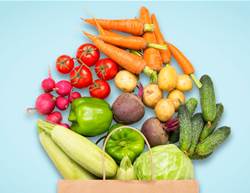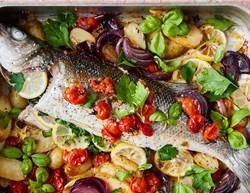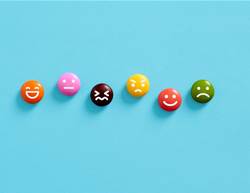It’s the rare woman who doesn’t experience the occasional food craving: Yearning for chocolate, lollies or chips is a phenomena seen almost universally across cultures in women of child-bearing age, says Dr Marcia Pelchat, a retired sensory scientist who studied food cravings. (Men get off easier, with only two-thirds of them reporting cravings.)
What’s going on when you feel like you just gotta eat a certain something? Here are 6 messages that your cravings may be trying to send you.

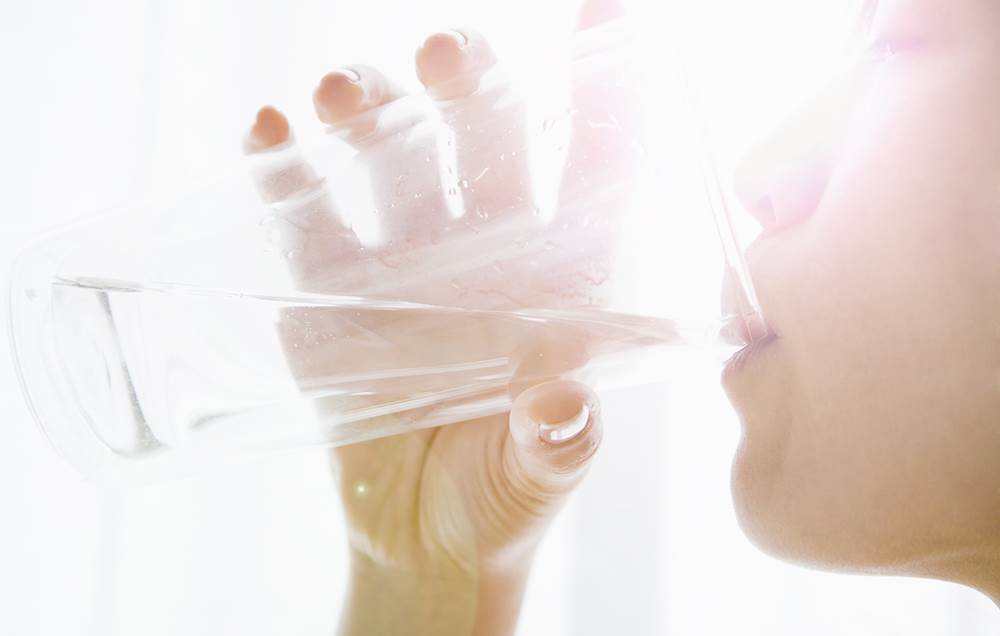
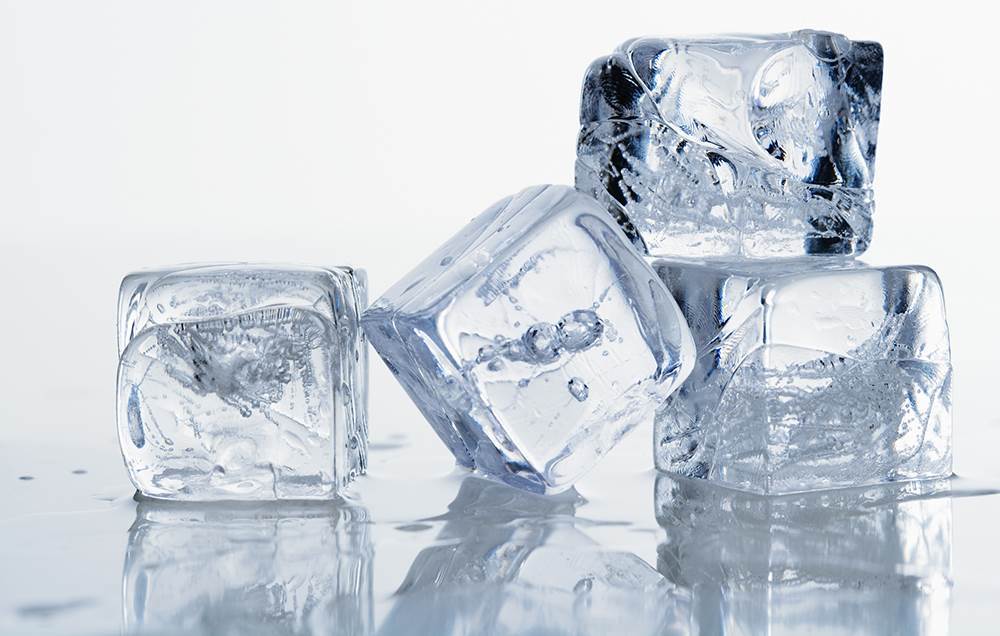
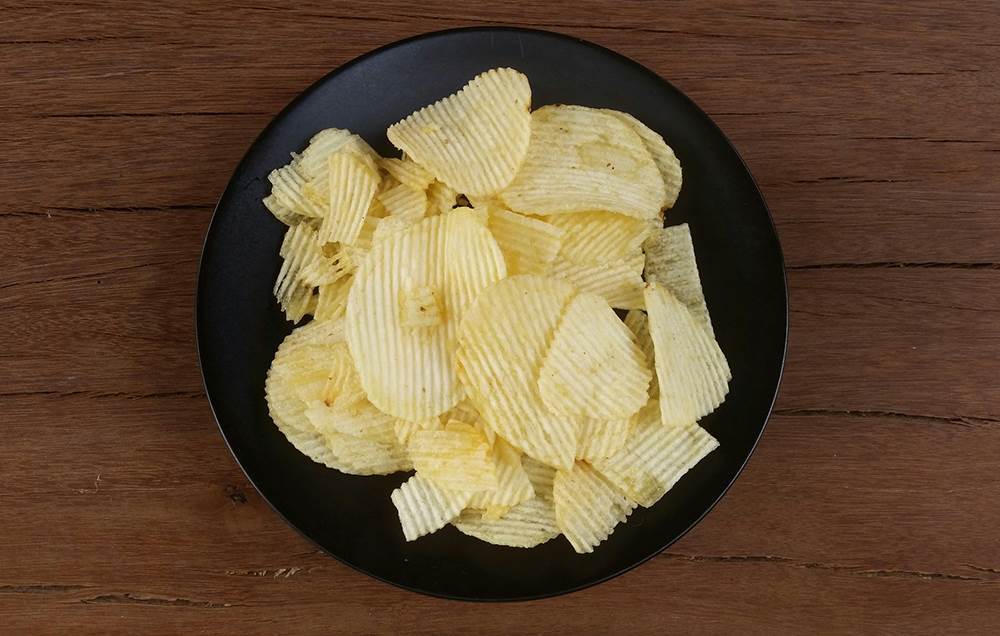
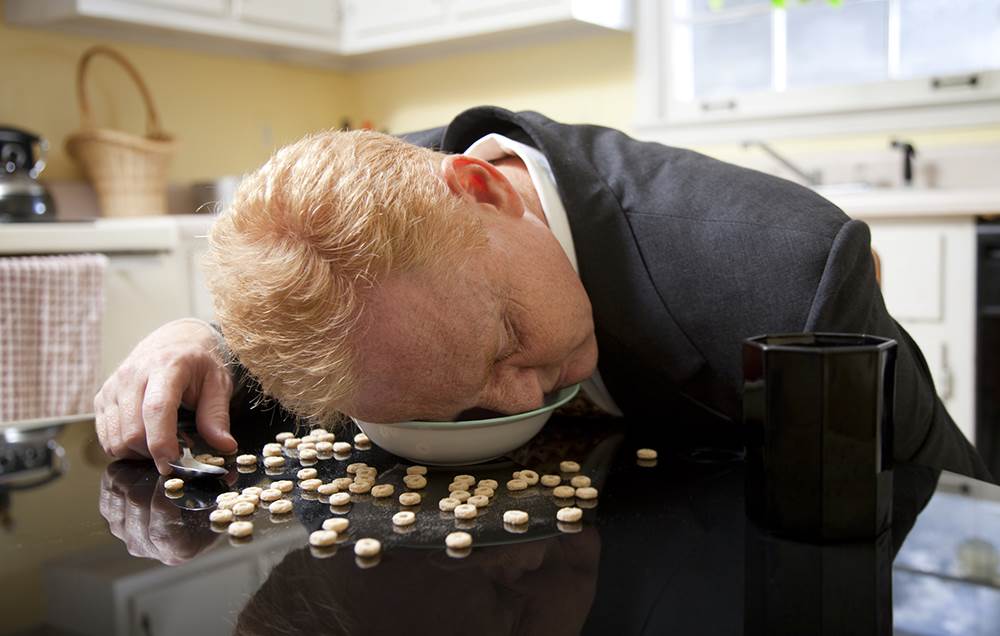
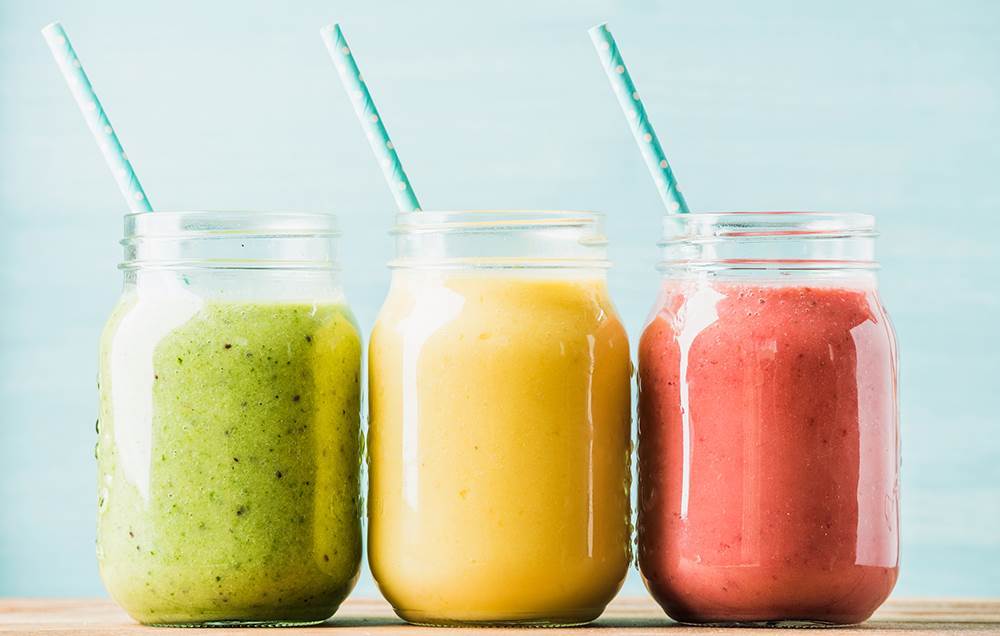
Photograph by Jose Luis Pelaez Inc/Getty Images
You’re getting a migraine.
Craving specific foods is typical in the first (aka “prodrome”) stage of a migraine, which occurs anywhere from a few minutes to three days before the actual head pain hits, says neurologist Dr Noah Rosen. Although you might have a hankering for something savoury or sweet, craving chocolate is especially common. In fact, it might explain why people often believe chocolate causes their migraines: If you indulge a craving for chocolate and then develop a headache, it’s natural to assume the chocolate triggered it. In reality, your craving might simply mean that the migraine was already underway.
Photograph by Steve West/Getty Images
You have pre-diabetes or diabetes.
If you’re craving liquids to quench an increased thirst, talk to your doctor about getting your blood glucose levels checked. Excessive thirst often occurs in response to surplus sugar in the blood: Your body attempts to flush the excess glucose into the urine, which means you’ll need to pee more often than usual—and this in turn can cause dehydration, making you feel thirsty.
Photograph by Tetra Images/Getty Images
You’re iron-deficient.
Cravings rarely indicate a nutritional deficiency, says Pelchat, so forget the idea that you’re craving cheese because you need more calcium. That said, craving and compulsively chomping on ice cubes (aka pagophagia) is often a clue that someone has iron-deficient anemia. The reason is unclear—ice contains no iron—but research shows that ice chewing might increase alertness in people with iron-deficient anemia.
Photograph by Attapan Chan-In / EyeEm / Getty Images
You’re dehydrated.
Have a serious hankering for chips? You may be running low on fluids. “The body always strives for fluid balance and is pretty good at maintaining it,” says dietitian Leslie Bonci. But sometimes when fluids and electrolytes get out of whack, you can have a visceral response for a specific food or taste to help get you back on track. Craving chips make sense, since consuming adequate sodium is essential for fluid balance. A better pick, says Bonci, is to munch on a pickle, add soy sauce to some rice, or drink vegetable juice “to provide the salty taste without more waist.”
Photograph by patrickheagney/Getty Images
You’re sleep-deprived.
There’s growing evidence that too little sleep stimulates cravings for junk food. One study, which examined the brain regions that control food choices, discovered that a lack of slumber blunts the activity of areas required for complex judgments and decisions and increased activity in deeper brain centers that respond to rewards. In other words, you have a harder time making healthy choices and are more apt to give in to your desire for something tasty—even if you know it's bad for you.
“This combination of altered brain activity and decision-making may help explain why people who sleep less also tend to be overweight or obese,” says lead researcher Dr Matthew Walker. To avoid hankerings for chips, cookies and chocolate, aim to get at least 7 hours of sleep a night.
Photograph by Foxys_forest_manufacture/Getty Images
You eat the same meals over and over again.
Variety isn’t just the spice of life—it may also be a way to keep food cravings at bay. That’s the finding of research Pelchat published in the journal Psychology & Behavior. In the study, men and women followed a diet that met all of their nutritional needs but consisted only of vanilla-flavoured nutrition shakes for every meal for five days. Compared to when they ate a varied diet, volunteers on this monotonous diet reported significantly more cravings—specifically for foods that differed in sensory quality from the one-note liquid diet.
The take-home advice from this research, says Pelchat is to mix it up at mealtime to stay satisfied. “Make sure meals aren’t just nutritious, but varied in texture and flavour.”



.jpg&h=90&w=90&c=1&s=1)



